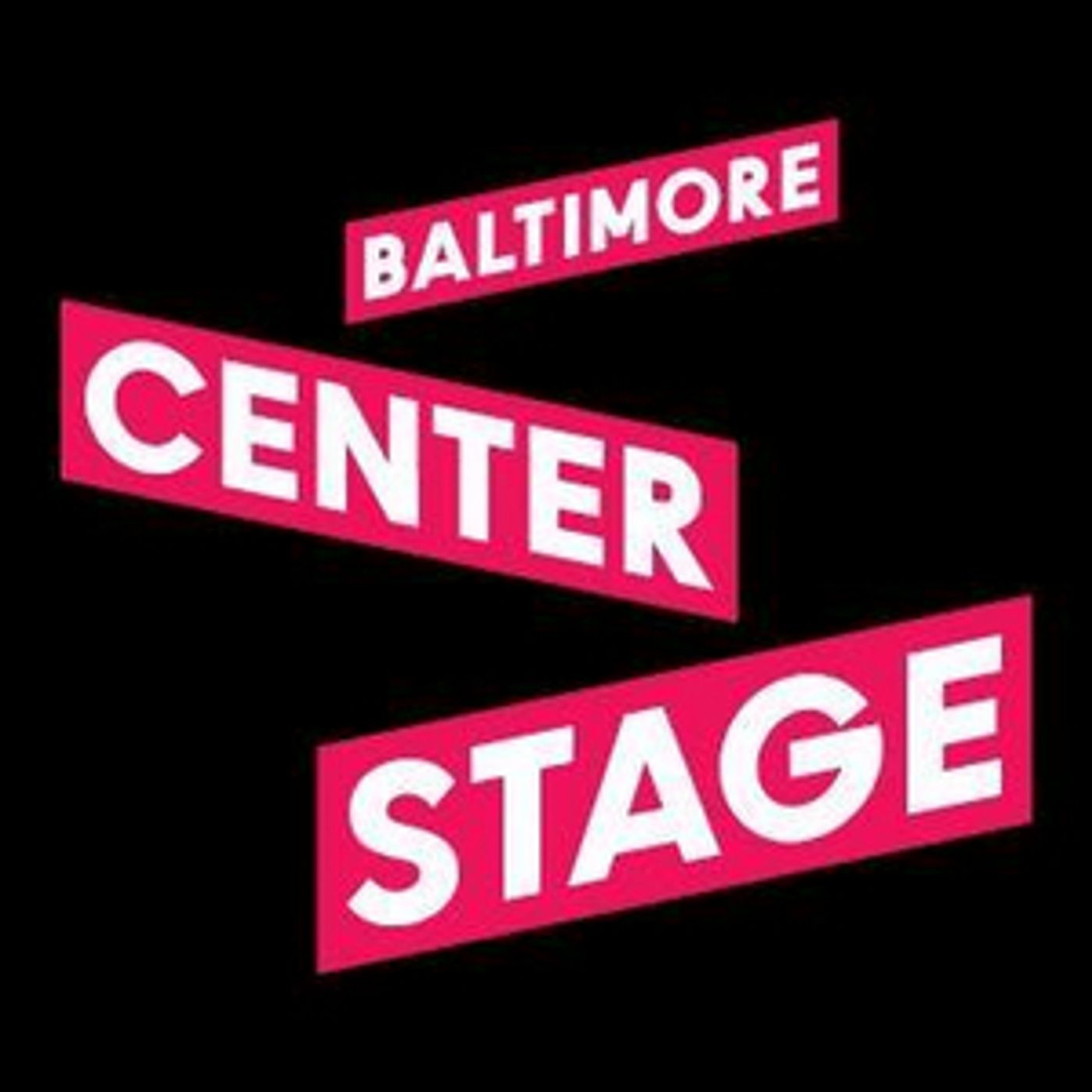Baltimore Center Stage Announces First Round Of Antiracist Artistic Practices

In response to the We See You White American Theater (We See You WAT) demands released on July 8 by a national collective of Black, Indigenous, and People of Color (BIPOC) theatermakers, Baltimore Center Stage has announced its first round of shifts in practices to help dismantle the systemic exclusion and oppression of BIPOC artists, administrators, producers and executives in the theater industry.
"For generations, BIPOC artists have been telling us about the hurtful ways racism is lurking in our art form and in our institutions," said Baltimore Center Stage Artistic Director Stephanie Ybarra, "I'm grateful to my colleagues who have labored to put the We See You WAT demands together; it's past time for a meaningful reckoning with our collective complicity, and I'm fortunate to be surrounded by stakeholders at Baltimore Center Stage who are already committed to this work. As one of only a handful of BIPOC artistic directors leading a predominantly white theater company, I feel a deep sense of responsibility to this movement - it's not only urgent, it's personal."
In this phase of adjustments, Baltimore Center Stage focused on artistic and production practices, prioritizing two areas which often inadvertently uphold white supremacy: compensation and work hours. Effective immediately, Baltimore Center Stage will pay playwrights for the time they spend in rehearsal, accelerate a three-year plan to close the pay gap between its LORT B and LORT D performance spaces, and make improvements to rehearsal conditions, specifically eliminating the "10 out of 12" technical rehearsal and assuming a five-day rehearsal week instead of the traditional six-day rehearsal week.
Playwright Compensation: More often than not, when a new play is in production the playwright is expected to be in rehearsals continuing to develop the script. In recognition of this labor, which is separate and distinct from commissioning and workshop development, and is separate still from the construct of licensing and royalties for plays, Baltimore Center Stage will compensate playwrights at a weekly salary of $1,000 throughout the rehearsal process.
BCS Director of Artistic Partnerships & Innovation Annalisa Dias is herself a theatermaker and playwright, which informed her proposal of this shift, "Compensating playwrights for their time and labor during a new play rehearsal process is good not only because we'll be directing more money into the hands of artists, but also because we are able to visualize in our budgets more of the labor that it takes to make a new play. Thinking structurally and systemically, this also helps in a small way to dismantle interconnected financial and class-based barriers for BIPOC playwrights entering the field."
Additionally, in recognition of the fact that freelance artists are among the hardest hit by shutdowns and cancelations due to COVID-19 and that ticket sales and royalty earning potential will be negatively impacted, Baltimore Center Stage has doubled the guaranteed advance against royalties for its 2020/21 playwrights, including Noah Diaz, Miranda Rose Hall and Charlayne Woodard.
Eliminate Tiered Fees Between LORT B and LORT D Performance Spaces: Due to the difference in capacity between our two theaters, Baltimore Center Stage is permitted by unions to pay two different tiers of fees to artists. Although this is standard practice, it can disproportionately negatively affect BIPOC artists who sometimes work in the more flexible, smaller space. Baltimore Center Stage already pays all actors the higher LORT B salary, and is committed to returning to its historical pay parity practice by closing the pay gap between spaces for designers, directors, and choreographers by 2022.
Improvements to Rehearsal Conditions: In service of fostering more humane and nurturing working conditions, Baltimore Center Stage will shift its artistic process, moving from the default six-day rehearsal week to a five-day rehearsal week and eliminating "10 out of 12" technical rehearsals.
In making these shifts, Baltimore Center Stage acknowledges that it follows a long history of culturally specific and BIPOC-led organizations rejecting harmful work traditions that prioritize perfectionism and urgency over the holistic health of theatermakers. One such organization is New Native Theatre, located in the Twin Cities and dedicated to making theater by and for Native people. Founded in 2009 by Artistic Director Rhiana Yazzie, New Native Theatre's practices center the physical and mental well-being of staff and artists and prioritizes working conditions that contemplate familial obligations and needs within their community.
"Native people haven't been invited into so many institutions that make up this country, including theater and with our new entry into this art form, our community immediately recognized the inhumane practices that it asks," says New Native Theatre Artistic Director Rhiana Yazzie, "For a people who are recovering from genocide many practices that seem normal and professional are in reality disruptive to the family structure and discourages community cohesion. As a result, many Native people aren't willing to give up their humanity to participate in something that literally gives nothing back to them. But knowing how powerful it is to create narrative, we made theater bend to our needs rather than push Native community to conform to the needs of a system that doesn't acknowledge or respect them."
Baltimore Center Stage will continue to share updates regarding the We See You WAT demands as well as other antiracism practices on Baltimore Center Stage's website, and through traditional and social media platforms in service of transparency and accountability. With each step, Baltimore Center Stage looks forward to collaborating with the local and national theater community to advance what the We See You WAT organizers name as "a truly sustainable, antiracist theatrical ecosystem."
For more information and other media related inquiries or interview requests please contact the Communications office. For general information, visit www.centerstage.org or call the box office at 410.332.0033.
Videos

